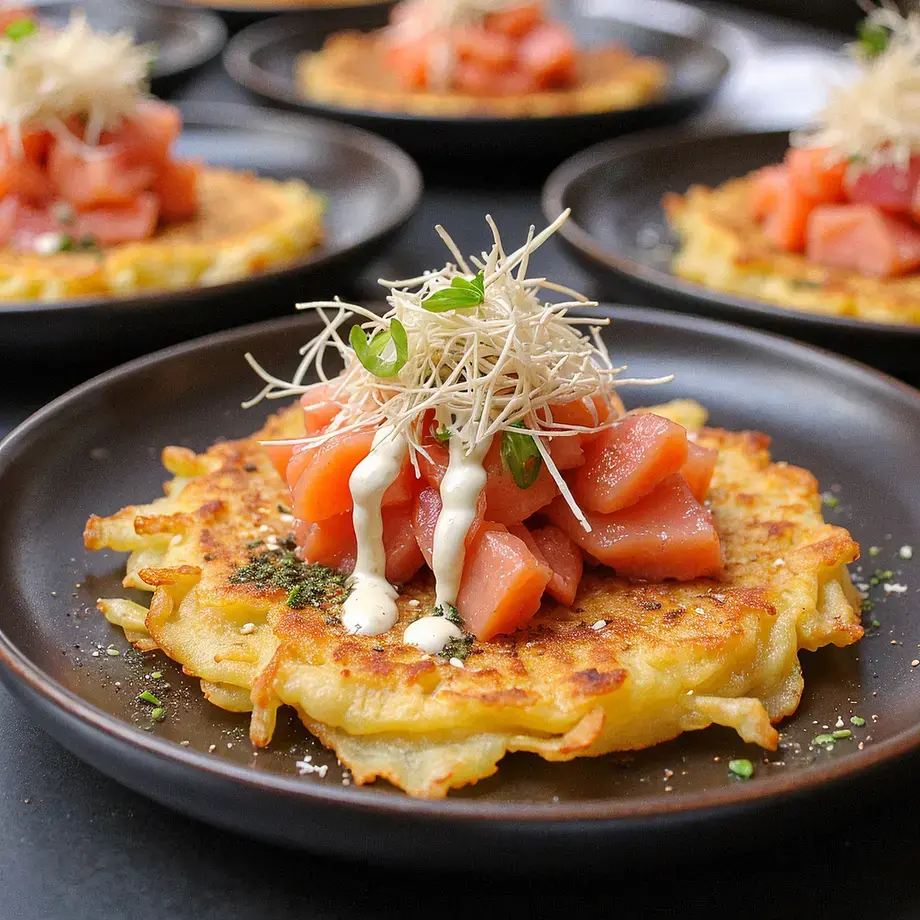The grandson of Louis XV, he became a French Dauphin after the death of his father and his older brothers. In 1770, he married Marie Antoinette, the daughter of Maria-Theresa of Austria.
Upon his ascent to the throne, France was burdened with debts and impoverished from greedy fiscal government. The King sought to reduce taxes and introduce new economic and judicial reforms; nevertheless his evident weakness of character and inability to manage the nobility – in disagreement with the reforms – made him succumb to pressures from the privileged classes.
The country’s crises worsened on 14 July, 1789 when crowds of Parisian citizens stormed the Bastille and soon afterwards took the King prisoner along with his family. In 1791, the King, Marie Antoinette, and their only surviving son tried to escape to Austria.
Those loyal to the monarchy had prepared a plan, allowing for abundant provisions, but what they hadn’t taken into consideration was the King’s appetite: his continual getting off and on his carriage to eat was what caused him to be recognized and then lead to his capture.
Here’s an account of the escape from Revolutionary Era France:
It was the dawn of 21 June: a heavy carriage pulled by six horses stopped on the side of a white road, just beyond the village of Meaux, between Paris and the Belgian border. A group of people descended. The fresh morning air stimulated appetites and soon, out of the bags, came abundant provisions of cold veal that the group consumed on slices of bread, washed down with champagne.
The King was then charged with the fact that, despite the budget debt, his dining expenses were costing astronomical prices, with his 383 clerks and his 103 helpers.
At a time in which the State was being invaded by foreign troupes, when the Assembly had declared the fall of the monarchy, the King was calmly eating a chicken and a peach. The monarch didn’t lose his appetite even when he ended up in the Temple prison. In his cell, where he had three servants at his service and thirteen officiers de bouche (officers with domestic duties), he devoured – every day – three potages, four entrées, three roasts, four entremets, pastries, jams and fruits, and always accompanied by fine wines.
The night before he was sent to the guillotine, while his wife Marie Antoinette was pale with fear, Louis enjoyed a luxurious meal.
Later, right up until the moment of his beheading, the King showed a proud serenity, perhaps due to his full belly and the knowledge that he was leaving France a grand culinary legacy: the potato, whose cultivation and diffusion the Louis XVI had actively promoted.
This story is taken from the book Tacuinum dè Eccellentissimi, ali&nopublisher.









